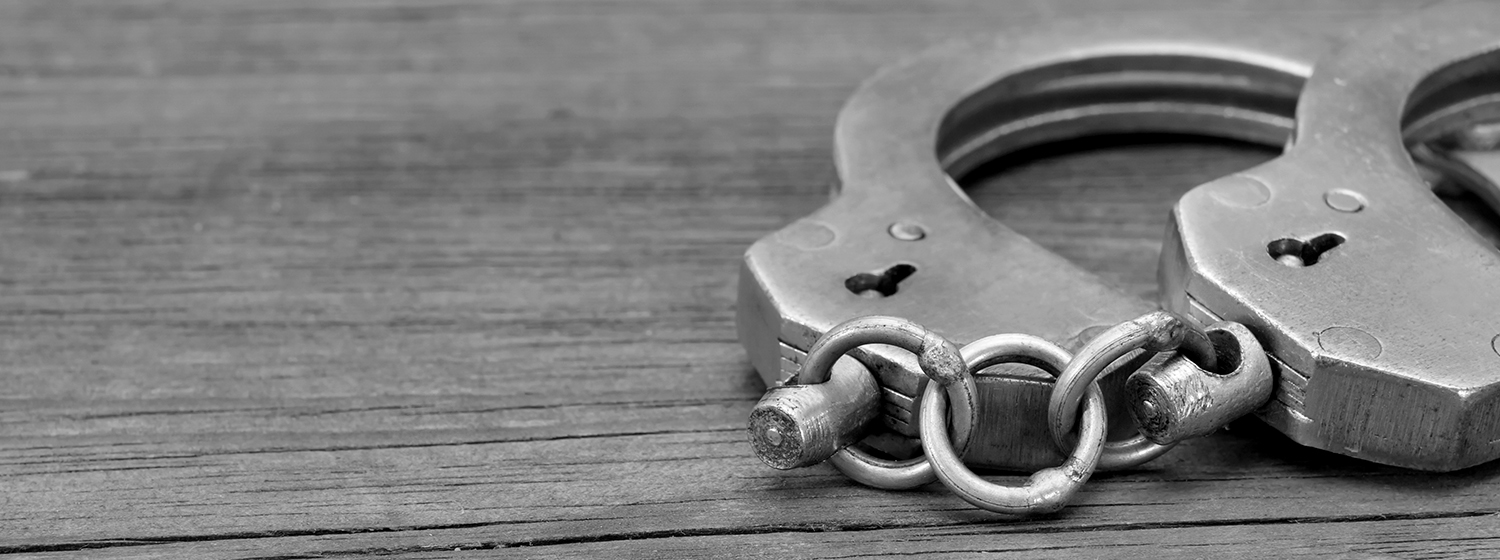The Internet has made it very difficult for artists and other creative types who produce original songs, paintings, photos, movies, books, graphics, and other materials to fully protect how their work is accessed. Remember when Napster introduced mass file sharing? It practically caused movie and music execs to have a collective nervous breakdown. In less dramatic fashion, copyright infringement is still—and will remain—an issue, mostly due to the power of search engines and the ability of websites to so easily link to each other.
Communication Arts recently ran a very interesting article by Tad Crawford and Arka Chatterjee that addressed copyrights and the internet. They looked at the effect of thumbnail images, frames, linking, and deep linking on copyrights. If your company or organization does not yet have policies in place to prevent copyright infringement from happening, it might be time to put some together.
Thumbnails
Search engines, like Google, Yahoo!, and Bing, often display thumbnails (small, low resolution images) of photos, paintings, and other images on search results page. Two recent lawsuits have challenged this practice by claiming copyright infringement. Judges in both cases found in favor of the search engine companies.
In the first case, Kelly v. Arriba Soft, photographer Leslie Kelly sued Arriba Soft, claiming that their Ditto.com search engine was infringing on his copyrighted photos by displaying thumbnails of his work on its search results page. The court found that because Arriba was not profiting from Kelly’s work, but rather was displaying his photos for relevant web research purposes, the use of the images were fair. The second case, Perfect 10 v. Amazon.com, was very similar to the first; it concerned Google’s image search feature. This feature allows users to click on the thumbnail in the search results list to view the full-size image. A judge found that though Google was usurping Perfect 10’s distribution rights, its image search feature was being used in fairness.
As these examples show, balancing licensing and copyrights with the exposure gained from having one’s work easily found online is tricky. You don’t want to lose money on your work, but being able market your work globally can be a huge benefit, especially for young artists, many of whom struggle in obscurity.
Linking and Framing
In the SEO world, you are encouraged to link your site to others and vice versa. What if your site links to another that contains infringed material? The Supreme Court settled just such a lawsuit: Metro-Goldwyn-Mayer Studios v. Grokster. Grokster, a peer-to-peer file sharing service, was found liable for copyright infringement for directing users to unlawfully copied media content. Of course, Grokster was providing links to movies on purpose, but be careful about inadvertently linking to protected content.
Framing is similar to linking, and it also presents an infringement problem. Framing happens when a web portal links to a web site and displays that site’s content in a frame; the frame’s edges typically include ads that benefit the portal. It has been successfully argued that framing website content is copyright infringement, as in the case of the Washington Post v. TotalNEWS. The Post accused TotalNEWS of framing their content, and the judge ruled in favor of the Post. In another case, Wells Fargo Bank sued WhenU.com for displaying pop-up ads on its site that advertised competing brands. Wells Fargo successfully argued that their website was being “framed”.
Deep linking
Deep linking occurs when Website A links to content within Website B without acknowledging Website B’s entitlement to profits from the content; for instance Website B depends on advertising revenue, but the ads are bypassed by the link. Even worse, it often appears that Website A is the originator of the content. Tickets.com, a clearinghouse for concerts, shows, and other events, was accused by Ticketmaster of using a web crawler to pull information about concerts and shows off its website to post on Tickets.com. A judge found that Tickets.com was acting fairly, as the concert information was public information and therefore not protected by copyright.
While everything we create is copyrighted, once we post our original work to our website it can be considered public information.
As long as no one else profits from displaying or linking to it, it can appear on search engines’ results lists and be linked to by other websites. If you are not comfortable with losing control over how your work is viewed, be careful of what you post online.
Share this post in LinkedIn:
NOT ANOTHER SNOOZELETTER.
SIGN UP. BE INSPIRED.